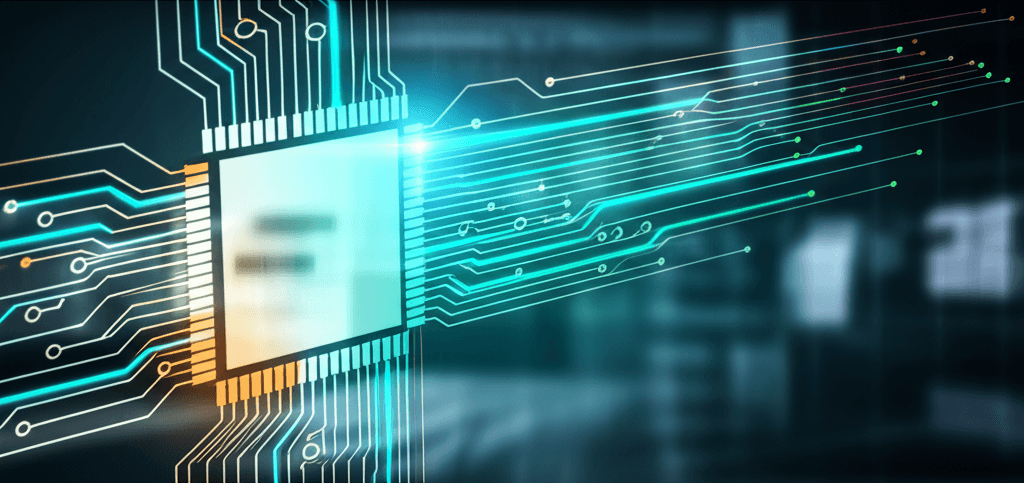Anthropic's AI fights AI: New tool secures code from vulnerabilities.
Anthropic's open-source AI tool embeds automated vulnerability detection directly into developer workflows, securing the surge of AI-generated code.
August 6, 2025

In a significant move to bolster software security amid the rapid proliferation of AI-driven code generation, AI safety and research company Anthropic has released a new open-source tool designed to automatically detect and help remediate security vulnerabilities in code.[1] The tool, which integrates with the company's AI coding assistant, Claude Code, aims to make robust security reviews a seamless part of the development workflow, addressing growing concerns about the potential for AI-generated code to introduce new security risks.[2][3] This development underscores a broader industry push to scale security measures in lockstep with the exponential growth in code production fueled by AI.[3]
The new functionality operates through two primary mechanisms: a command-line feature and a GitHub Action for automated pull request reviews.[2] Developers can now run a `/security-review` command directly in their terminal before committing code.[4][3] This command triggers a specialized, security-focused prompt that instructs the underlying AI model to perform an ad-hoc analysis of the pending changes.[4] The tool is designed to identify a range of common and critical vulnerabilities, including SQL injection risks, cross-site scripting (XSS) flaws, authentication and authorization issues, and insecure data handling.[4][5] Upon detection, it provides detailed explanations of the discovered issues, and developers can then direct the AI to implement the necessary fixes.[4][5] This process is intended to be nearly effortless, integrating security checks directly into the developer's immediate workflow, where fixing problems is most efficient.[2]
The second component is a GitHub Action that automates security reviews for every new pull request.[2] Once configured by a security team, this action automatically scans code changes for vulnerabilities, applying customizable rules to filter out false positives.[2][6] It then posts comments directly within the pull request, highlighting specific concerns and offering recommended solutions.[2][6] This feature establishes a consistent security baseline across an entire development team, ensuring that no code is merged into production without undergoing a foundational security analysis.[2] Anthropic has reported successfully using the tool internally, where it has already caught and prevented production vulnerabilities, including a remote code execution flaw, from reaching users.[2] The tool is designed to be language-agnostic and goes beyond simple pattern matching by leveraging the deep semantic understanding of Anthropic's models to analyze code contextually.[6]
This release comes at a critical time for the software development industry. The rise of AI coding assistants, sometimes referred to as "vibe coding," has dramatically accelerated the pace and volume of code creation.[4][3] However, this rapid generation has also heightened fears of a corresponding surge in security flaws.[4] Reports indicate a significant increase in attackers exploiting software vulnerabilities.[4] The open-source ecosystem, which forms the foundation of most modern software, is particularly at risk.[7] Studies have shown a disturbing upward trend in vulnerabilities within open-source AI and machine learning tools, with a high percentage being classified as critical or high severity.[8] The sheer scale of code being produced makes manual review increasingly impractical, positioning AI-powered security analysis as a necessary solution to scale cybersecurity efforts effectively.[3]
Anthropic's initiative reflects its foundational focus on AI safety and responsible innovation.[9][10] The company, founded by former OpenAI researchers, has long emphasized building AI systems that are reliable, interpretable, and aligned with human values.[9] This philosophy is embedded in their core research areas, which include developing techniques for scalable oversight and creating transparent AI systems.[11] Their approach to safety is comprehensive, involving rigorous testing, continuous monitoring, and a commitment to mitigating potential harms.[12][13] By open-sourcing the security review tool, Anthropic is not only providing a practical solution for developers but also contributing to the broader effort to establish industry standards for responsible AI development.[9][6] The move aligns with the growing consensus that the benefits of open-sourcing security tools, which allows for collective improvement and scrutiny, outweigh the risks.[14]
In conclusion, Anthropic's release of its open-source AI security tool marks a pivotal step in addressing the security challenges of the AI-accelerated software development era. By automating and integrating security reviews directly into the developer workflow, the tool offers a scalable method to combat the rising tide of vulnerabilities. It provides a practical application of AI for bolstering cybersecurity and reflects a deep-seated commitment to safety that has been central to Anthropic's mission since its inception. As the industry continues to grapple with the dual-use nature of powerful AI technologies, such proactive, open-source contributions are crucial for fostering a more secure and trustworthy digital infrastructure. The long-term impact will depend on its adoption and the collaborative effort of the open-source community to refine and build upon this important foundation.
Sources
[3]
[5]
[6]
[7]
[9]
[10]
[11]
[12]
[14]